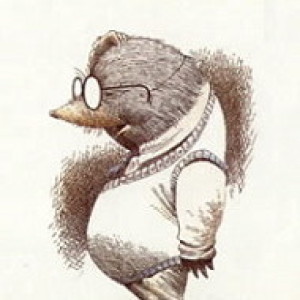The rope
The year 2013 marks a very special anniversary in the history of the British working man. Up to the early 1800s the cloth manufactured in the textile districts of the North of England had been finished by hand, by highly skilled men using large shears to crop the surface of the cloth to make it smooth. However, by the turn of the 19th century the croppers faced an uncertain future as newly invented cropping machines began to replace their skilled hand work. The workers responded by smashing the machinery, burning mills and generally rioting.
One of the first to take such drastic action was a hand-weaver called Ned Ludd, and his followers became known as Luddites. The response of the State was brutal and machine breaking was made a capital offence.
Some of the most serious Luddite attacks took place in April 1812 in the Holme Valley in West Yorkshire, including in Honley, the village of my birth. The disturbances ended in the murder of William Horsfall, a local cloth manufacturer who had introduced cropping-machines into his mill. Three men ambushed him on his way home from Huddersfield Market, shot him dead, and then retired to the Coach and Horses Inn in Honley, which is marked on the location map.
A reward of £2000 (£70,000 at today's prices) was offered for the discovery of the murderers but such was the loyalty among the Luddites that the sum remained unclaimed for over a year. In the end, however, the strong arm of the law prevailed, and the local men who had shot Mr Horsfall, George Mellor, William Thorpe and Thomas Smith, were condemned to death at the York Assizes, and were executed in public, alongside 15 fellow Luddites, in early 1813. The sympathetic crowds that assembled in York for the execution were so vast that strong forces of cavalry and infantry were required to prevent further riots and rescue of the condemned.
Should you wish to read more about the Luddites then take a look at The Luddite Link.

Comments
Sign in or get an account to comment.


